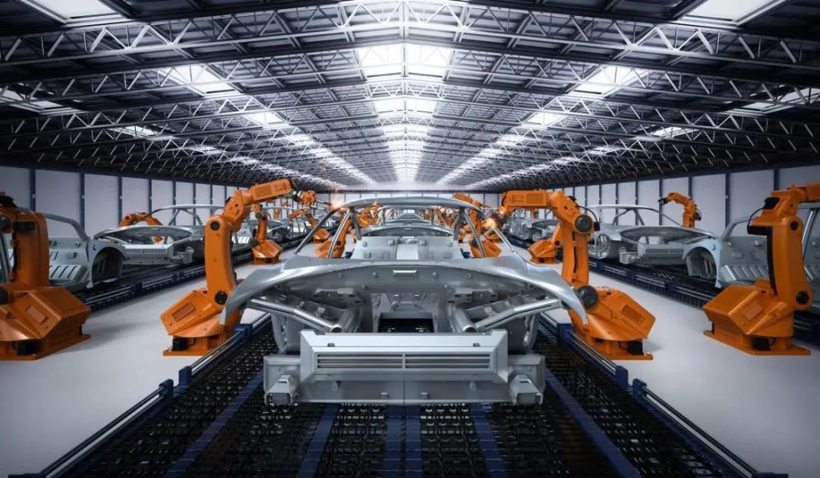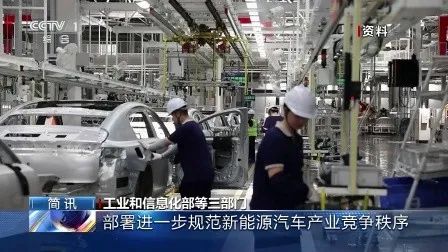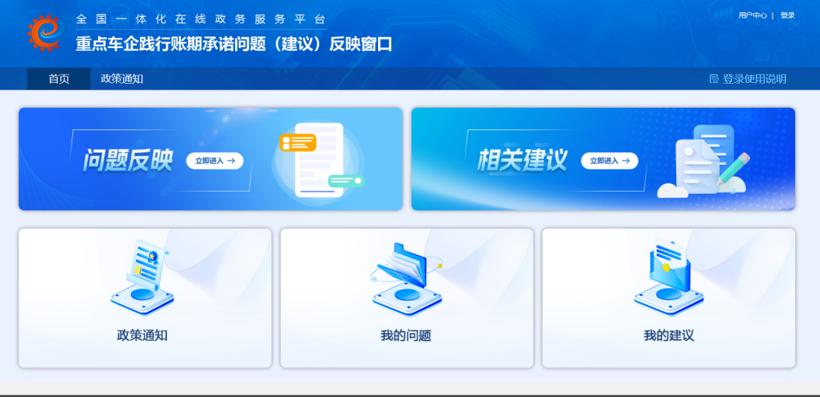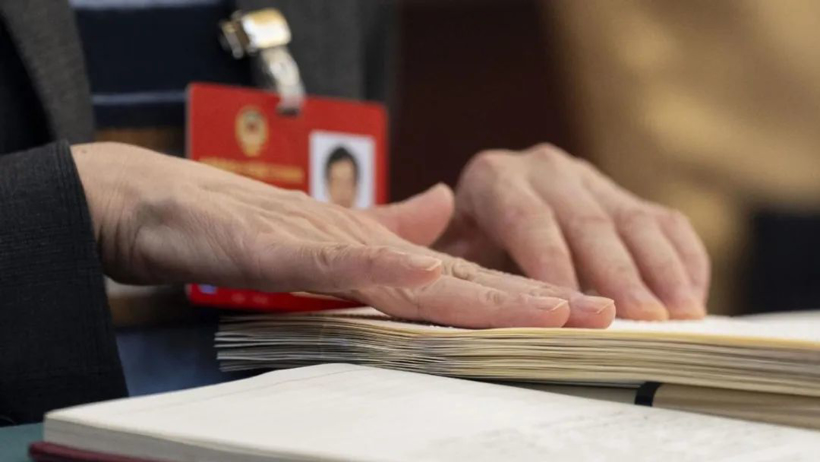Since the slogan was proposed at the end of July last year, China's auto market has been undergoing a massive anti-involution revolution. Last week, several authoritative departments, including the State Council, the Central Fourth Guidance Group, the Ministry of Industry and Information Technology, the National Development and Reform Commission, and the State Administration for Market Regulation, held consecutive meetings over three days to address the issue of involution in the new energy vehicle sector. This rare density of meetings sends a clear signal: the vicious competition in the new energy vehicle industry has reached a policy red line, and government-led industry corrections have officially entered the operational phase.
The meetings held from July 16 to July 18 focused on regulating competition in the new energy vehicle sector. The State Council's executive meeting on July 16 specifically discussed the need to promote high-quality development of the industry and effectively regulate competitive order. The detailed interpretations included strengthening cost investigations and price monitoring, enhancing the supervision of product production consistency, and urging key car companies to ensure supplier payment periods do not exceed 60 days.
On July 17, the Central Fourth Guidance Group concentrated on addressing irrational competition issues within the new energy vehicle industry, conducting in-depth research with the China Association of Automobile Manufacturers and engaging in discussions with major players like BAIC Group and BYD Group. The meeting on July 18, organized by the Ministry of Industry and Information Technology, the National Development and Reform Commission, and the State Administration for Market Regulation, aimed at further standardizing the competitive order in the industry and included 17 major automotive enterprises.
The series of meetings highlighted the government's ongoing commitment to tackling involution and demonstrated its determination to implement corrective measures. Initiatives from various government bodies have already begun to address the issue, with calls for an end to disorderly price wars and commitments from automakers to reduce payment periods to 60 days. However, public skepticism remains regarding the actual implementation of these commitments, as companies may manipulate the situation despite their promises.
The core issue of involution stems from automakers competing for user resources. In China, the market plays a decisive role in resource allocation, but involution has become a malignant tumor in the industry. Solely relying on market mechanisms to eliminate it can lead to significant resource waste and hinder the healthy development of the sector. Therefore, government intervention becomes essential at such times.
Industry leaders like BYD and BAIC can set a strong example by committing to shorter payment terms and avoiding vicious price wars, which can guide the industry towards a healthier and more sustainable direction. However, the reality of competition often undermines ideal self-regulation, and smaller companies facing survival pressures may struggle to resist the temptation of short-term market gains.
As the market mechanism falters, especially in the wake of rapid growth and increased competition, the government’s intervention is not merely a choice but a necessity. The series of high-level meetings and policies from top design to specific execution reflect this inevitability. The government aims to establish rules and boundaries, strengthen regulation, and create a fair environment for the effective functioning of market mechanisms.
The ultimate goal is to support the sustainable development of the industry, not to replace the market but to rectify distorted competitive orders and create a competitive environment that is more predictable and fair for both leading and smaller companies. In this environment, businesses can focus on enhancing core competitiveness, expanding into global markets, and leading technological innovation.
In summary, the anti-involution movement requires industry awakening and a reshaping of rules. China's new energy vehicle industry must realize a high-quality transition from ‘large’ to ‘strong,’ which relies on the responsibility of leading enterprises as well as strong government guidance and regulation. The intensive setting of policy directions through these three meetings marks the beginning of a profound transformation, led by the government and involving the industry, aimed at ending internal waste and reshaping the ecosystem. The road to combating involution in the automotive sector may be long and challenging, but the direction is clear and the determination is established.
China's Auto Industry Faces Anti-Involution Revolution Amidst Government Intervention

Images





Share this post on: